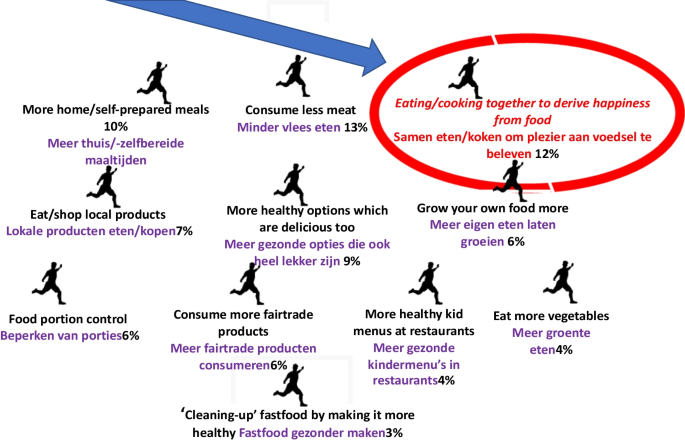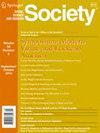公共讨论的地理:空间成分的近观
IF 1.4
4区 社会学
Q2 SOCIAL SCIENCES, INTERDISCIPLINARY
引用次数: 0
摘要
自成立以来,公众审议在很大程度上被视为民主政治中包容和转型的有效工具。然而,本文认为,公共审议并不一定具有包容性和变革性。这些愿望只有在满足某些条件的情况下才能实现。这项公共审议研究的定性分析包括参与者(N = 70)之间关于一起吃饭的意见的虚拟和面对面的对话。本文考察了可能阻碍粮食系统转型举措的因素。这在低收入和中等收入国家尤其成问题,因为腐败会降低粮食系统转型政策的严格程度。这项研究的参与者来自荷兰的阿尔米尔和阿姆斯特丹。这篇文章认为,当(1)公共审议得到制度上的认可,(2)审议的参与者有更多的时间来提出他们的论点,并根据其他人的观点重新考虑这些论点时,公共审议可以真正具有变革性。本文章由计算机程序翻译,如有差异,请以英文原文为准。

Geographies of Public Deliberation: A Closer Look at the Ingredient of Space
Abstract Since its inception, public deliberation has been largely seen as an effective tool of inclusion and transformation within democratic politics. However, this article argues that public deliberation is not necessarily inclusive and transformative. These aspirations can only be achieved if certain conditions are met. The qualitative analyses drawn upon in this public deliberation study included virtual and face-to-face conversations between participants ( N = 70) about opinions on eating together. The article examines factors that can impede food system transformation initiatives. This can be particularly problematic in low- and middle-income countries because corruptibility can reduce the stringency of food system transformation policy. This study was conducted with participants from the Dutch cities of Almere and Amsterdam. The article argues that public deliberation can be truly transformative when (1) it is institutionally sanctioned, and (2) participants in the deliberation are given more time to make their arguments and reconsider these arguments in light of what others have to say.
求助全文
通过发布文献求助,成功后即可免费获取论文全文。
去求助
来源期刊

Society
Multiple-
CiteScore
1.30
自引率
11.10%
发文量
132
审稿时长
12 weeks
期刊介绍:
Founded in 1962, Society enjoys a wide reputation as a journal that publishes the latest scholarship on the central questions of contemporary society. It produces six issues a year offering new ideas and quality research in the social sciences and humanities in a clear, accessible style.
Society sees itself as occupying the vital center in intellectual and political debate. Put negatively, this means the journal is opposed to all forms of dogmatism, absolutism, ideological uniformity, and facile relativism. More positively, it seeks to champion genuine diversity of opinion and a recognition of the complexity of the world''s issues.
Society includes full-length research articles, commentaries, discussion pieces, and book reviews which critically examine work conducted in the social sciences as well as the humanities. The journal is of interest to scholars and researchers who work in these broadly-based fields of enquiry and those who conduct research in neighboring intellectual domains. Society is also of interest to non-specialists who are keen to understand the latest developments in such subjects as sociology, history, political science, social anthropology, philosophy, economics, and psychology.
The journal’s interdisciplinary approach is reflected in the variety of esteemed thinkers who have contributed to Society since its inception. Contributors have included Simone de Beauvoir, Robert K Merton, James Q. Wilson, Margaret Mead, Abraham Maslow, Richard Hoggart, William Julius Wilson, Arlie Hochschild, Alvin Gouldner, Orlando Patterson, Katherine S. Newman, Patrick Moynihan, Claude Levi-Strauss, Hans Morgenthau, David Riesman, Amitai Etzioni and many other eminent thought leaders.
The success of the journal rests on attracting authors who combine originality of thought and lucidity of expression. In that spirit, Society is keen to publish both established and new authors who have something significant to say about the important issues of our time.
 求助内容:
求助内容: 应助结果提醒方式:
应助结果提醒方式:


